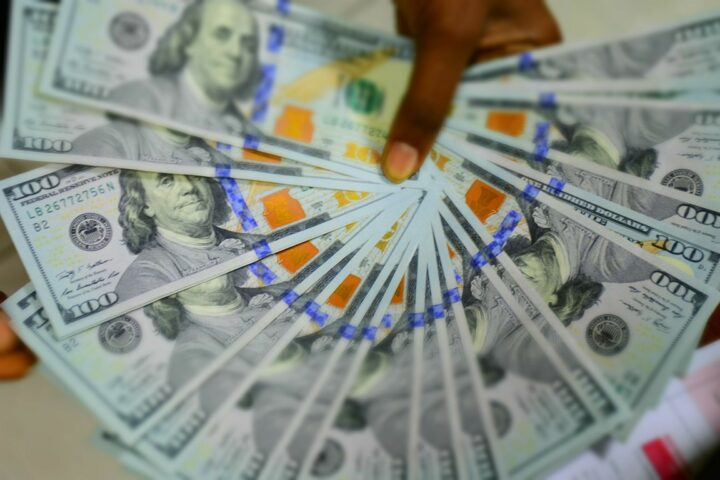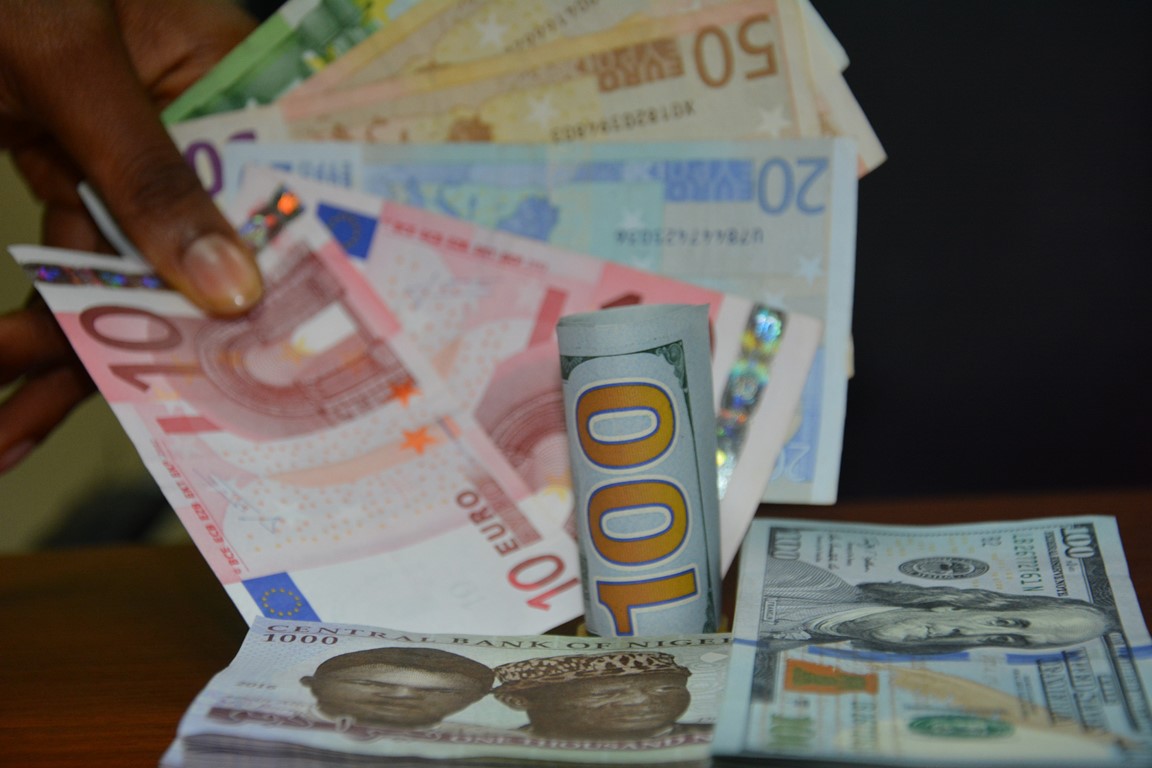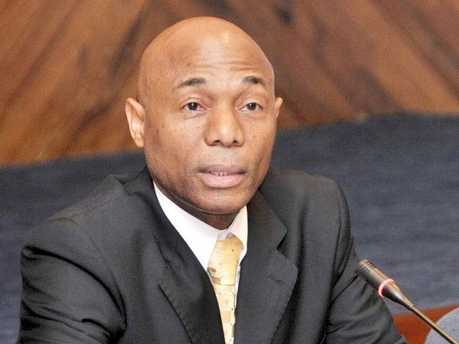The robust US jobs report at the conclusion of last week sent equities towards record levels on Friday, with the S&P 500 ending the session less than one point away from its record high seen on May 21 last year. Bond traders were less impressed by the news that 287,000 jobs were added to the economy in June as the US yield curve continued to flatten with long dated bond yields declining to record lows.
In a regular trading environment stocks and bonds should be moving in opposite directions and the current performance shows that investors believe that the accommodative Fed policy will remain for an extended period of time, which also explains why the upside dollar strength was limited on Friday.
Corporate America still in recession?
Sustainable improvements in US economic data along with low interest rates expectations create the best catalyst for equities to rally further but an important ingredient of the formula is still missing, with this being earning growth. Without growth in earnings this rally won’t be justified, and this is why investors will be monitoring the corporate earnings results that are expected to be released over the upcoming days. Alcoa kicks off the second quarter earnings season on Monday followed by JP Morgan on Thursday, and then Citi Bank along with Wells Fargo on Friday. Analysts believe that we are going to see the fourth consecutive quarter of negative earnings growth but when you take into consideration that the energy sector was the biggest drag on the S&P index due to the collapse in oil and that the price of oil has rebounded in recent months, it will be interesting to see if earnings including the energy sector will recover from recession in Q2.
Advertisement
All eyes on Carney this Thursday
The Bank of England (BoE) will meet for the first time this week following the Brexit vote which has consequently sent the sterling to 31-year lows and resulted in an air of panic following huge amounts of money exiting the UK’s largest property funds. While the central bank has already started loosening policy through easing regulatory restrains on UK banks in a move aimed to free up an additional £150 billion to the economy, there is the possibility that the BoE could be considering bringing in some emergency measures to stem the amount of money leaving property funds.
Markets seem to be divided on whether the BoE will cut or leave interest rates unchanged on Thursday, but even if kept unchanged they will likely send a strong hint for a possible move in August when they are due to publish new forecasts in their quarterly inflation report. Another option on the card aside from an adjustment in interest rates could be to boost their asset purchase program, which currently stands at £375 billion.
Advertisement
Whether the pound has reached a short-term bottom or is heading for new 30+ year lows likely depends on the tone of the message or even the aggressiveness of the possible actions to be delivered on Thursday.
China’s economic growth continues to slow
China will also be under the spotlight again when it reports its second quarter GDP performance on Friday. Growth for the second largest economy is expected to slow further to 6.6% from the 6.7% seen in first quarter as the economy gradually continues to slowdown. The National Bureau of Statistics said last week that it will include spending on research and development to better reflect the contribution of innovation to economic growth. The adjustments come as officials struggle to maintain their 6.5% – 7% target growth for 2016 while many economists believe that real growth rates are actually much lower than what is officially declared.
Advertisement
Add a comment






